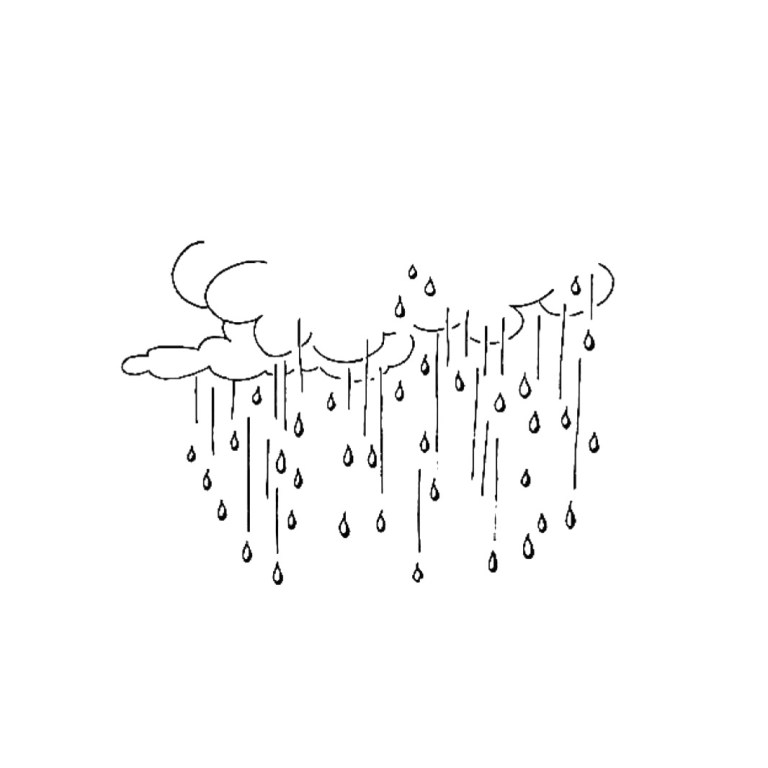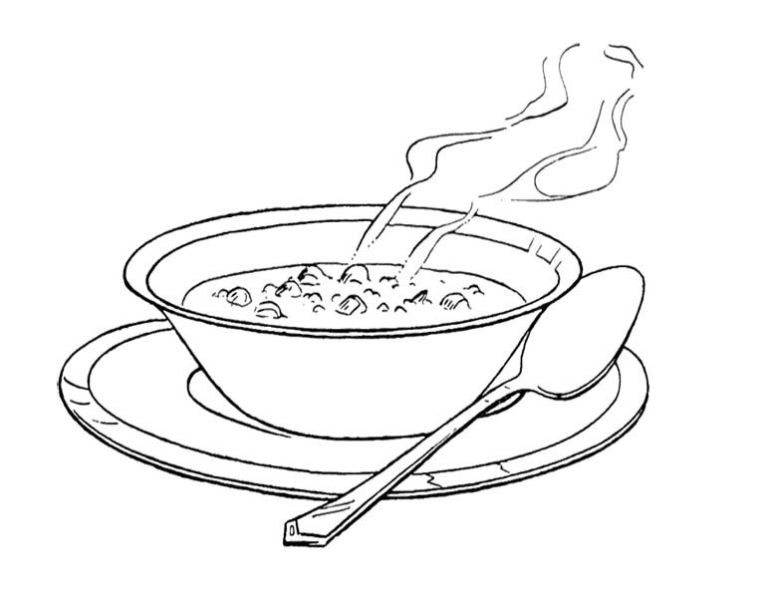I’m in a Mexican restaurant. I’ve been driving. I’m tired. I’m here to enjoy cold beer and something salty.
Earlier, I tried visiting the joint up the road. The place has allegedly good barbecue. I left after three seconds. They had a band that only knew two volume levels: loud, and nuclear holocaust.
So I’m here.
Behind my booth are children. It’s a birthday party. There are at least fifteen. They sit around a long table which is mounding with gifts. They holler and laugh.
A few wear pointy hats. I didn’t know kids wore pointy hats anymore.
My waitress brings my beer, and I overhear all the Top-40 hits of childhood happening behind me.
“Gross, you eat boogers?”
“I know you are, but what am I?”
“My dad could beat up your dad.”
“COOTIES!”
How have we come this far as a civilization, and still not eradicated cooties?
Then, parents hush kids. Children's voices run quiet. A mother walks to the door and looks through the glass.
"Here she comes,” the woman says to her group. “Get ready.”
There is a pregnant pause. I am holding
my beer with both hands, watching the door.
The door opens.
Children scream “Happy Birthday!” loud enough to break stained glass. Then, applause.
The birthday girl is dressed like a princess. She has a diamond tiara, a pink dress with sequins. She has Down syndrome.
Her father helps her to the table, holding her arms. The girl sits and covers her face. She’s blushing.
“YOU GUYS!” she says.
Her smile is bright enough to tear the cotton-picking world in half.
Mexican waiters in colorful sombreros visit her table. They sing. Parents sing. Every able-bodied patron sings. I sing. And for a moment in time we are eight years old again.
Princess Pink opens gifts, using both hands. The wrapping paper doesn’t stand a chance.
“Tell her what gift you gave her,” the princess’…








